Conflict, foreign occupation have led to rising number of disabled Syrians: Envoy
Syria's permanent representative to the United Nations says the foreign-sponsored conflict coupled with the American and Turkish occupation of areas in northern Syria have led to an alarming rise in the number of people with disabilities in the war-ravaged Arab country.
In an address to the 15th session of the Conference of States Parties (COSP) to the Convention on the Rights of Persons with Disabilities (CRPD) on Thursday, Bassam Sabbagh said the years of conflict have had a dramatic impact on the condition of people with disabilities.
The senior envoy blamed the American and Turkish occupation forces for compounding their problems and added that exposure to landmines and unexploded shells left behind by foreign-backed terrorist groups continue to pose grave danger to the lives of ordinary Syrians.
Sabbagh noted that crippling sanctions imposed by Western countries on Syria have also led to a quantitative and qualitative decline in services for disabled people, impeding the Damascus government’s ability to offer educational and medical amenities to the disabled people, including basic needs such as prosthetic limbs, wheelchairs, and medical equipment.
The Syrian diplomat said his country ratified the Convention on the Rights of Persons with Disabilities in 2009, while stressing that the Syrian law prohibits all forms of discrimination against people with disabilities and that the government is involved in framing disabled-friendly policies and legislations.
Damascus, he hastened to add, has been cooperating with international organizations to support the disabled people, and calls for backing the government’s efforts to help the disabled people lead independent lives and fully participate in all aspects of life.
Syria has been in the grip of foreign-backed militancy since March 2011. The Syrian government says the US, the Israeli regime, and their Western and regional allies have aided and abetted Takfiri terrorist groups that have wreaked havoc in the country over the years.
The US military has stationed forces and equipment in eastern and northeastern Syria, with the Pentagon claiming that the deployment is aimed at preventing the oilfields in the area from falling into the hands of Daesh terrorists.
Damascus, however, says the unlawful deployment is meant to plunder the country’s resources.
Former US President Donald Trump on several occasions admitted that the American forces were in the energy-rich Arab country for its oil.
After failing to oust the democratically-elected Syrian government through proxies and direct involvement in the war, the US government has now stepped up its economic war on the Arab country.
In June 2020, Washington enacted the so-called Caesar Act that imposed the toughest sanctions ever on Syria with the stated objective of choking revenue sources for the government.
The sanctions have taken a heavy toll on ordinary Syrians and crippled the war-torn country’s economy by preventing foreign companies from doing trade with Damascus.
Syria says the real objective of the measures is to put pressure on Syrians and their livelihoods.
Turkey has also been conducting incursions in Syria’s northern parts since 2016, claiming to push back Kurdish militants known as the People’s Protection Units (YPG).
Ankara associates the YPG with the Kurdistan Workers’ Party (PKK), designated as a terrorist group by Turkey, the US, and the EU, which has been involved in a deadly fight with Turkey for decades.
Syrian president Bashar Al Assad earlier this month vowed to resist any Turkish invasion of its land, saying that in the event of an invasion, there will be “popular resistance” in the first stage.
“When military conditions allow for direct confrontation, we will do this thing,” Assad told Russia Today Arabic in an interview.
“Two and a half years ago, a confrontation occurred between the Syrian and Turkish [armies], and the Syrian army was able to destroy some Turkish targets that entered Syrian territory. The situation will be the same according to what the military capabilities allow. In addition, there will be popular resistance.”
Trump administration denies Epstein cover-up as censorship sparks fury
US, Ukraine describe Miami talks as 'productive' but no major breakthrough
VIDEO | Rising anti-Islam hate in UK
VIDEO | US seizure of oil tankers
VIDEO | People in Malaga hold rally to slam Israeli genocide in Gaza
Progress against famine remains ‘extremely fragile’ in Gaza: WHO chief
IEA data shows increase in Iranian oil production
VIDEO | Israeli regime kills two Palestinians including a child in occupied West Bank


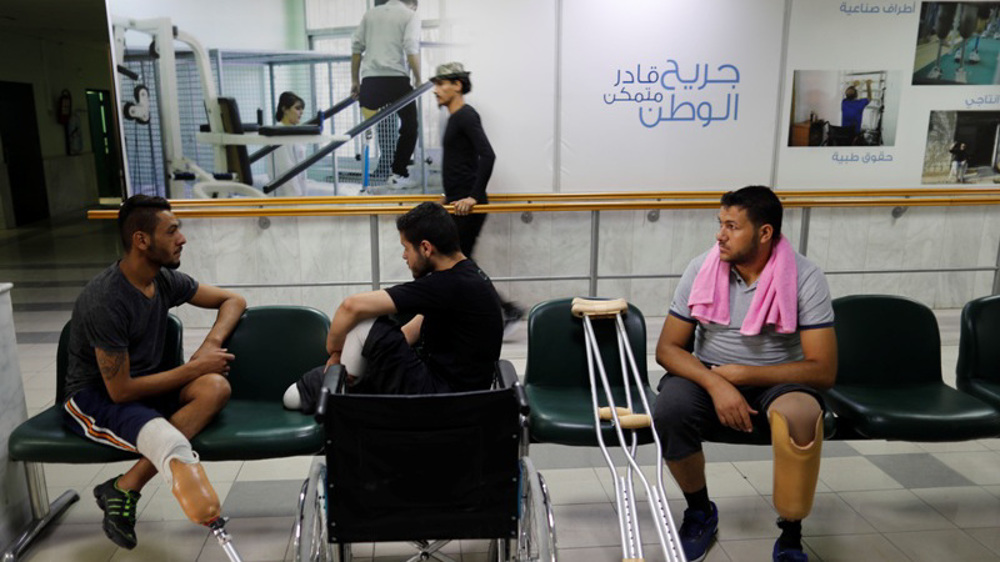
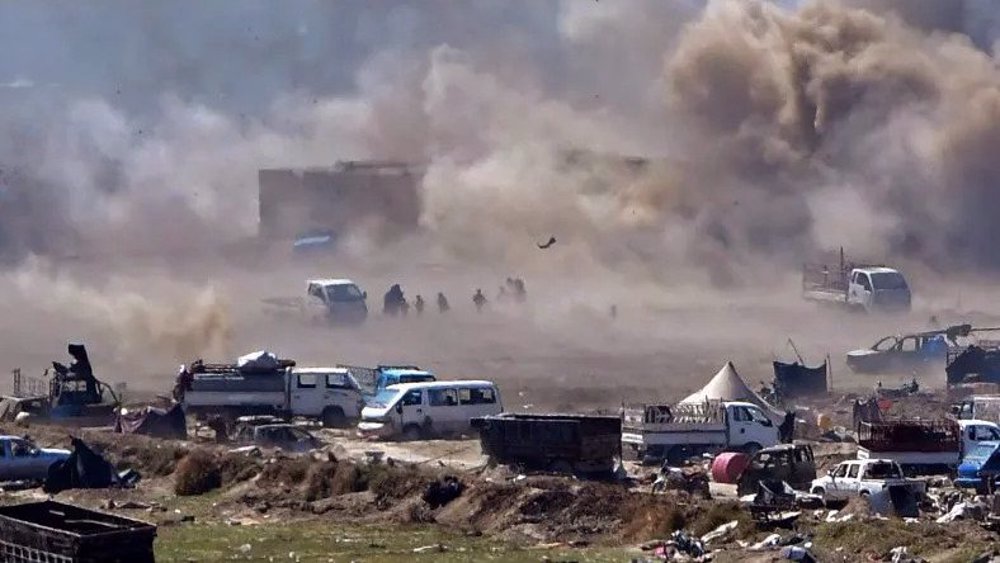
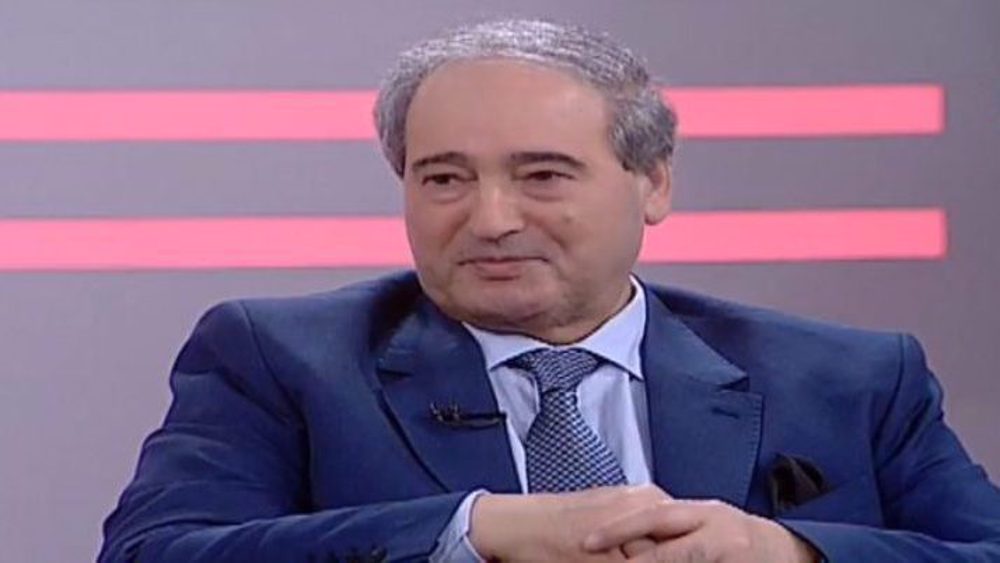
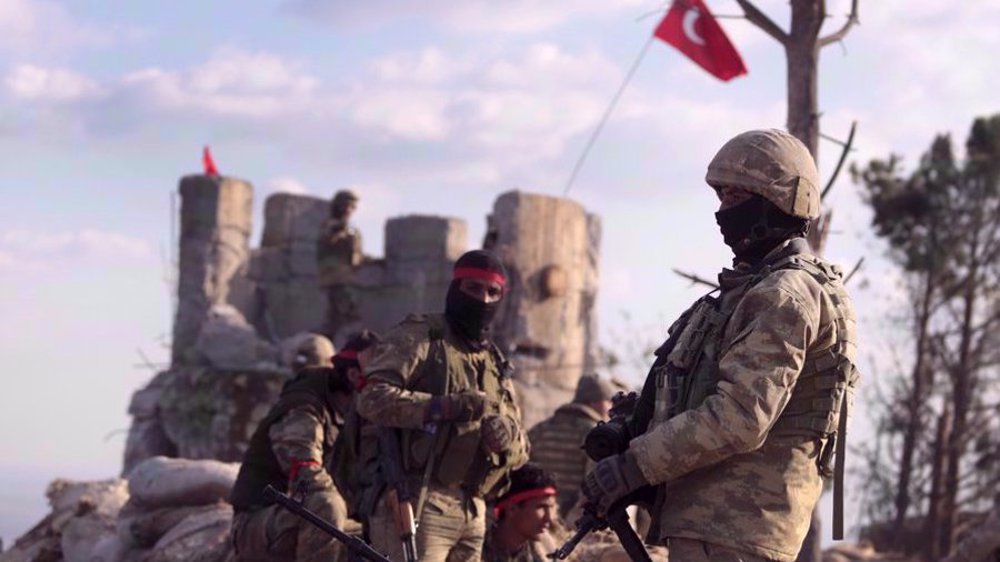
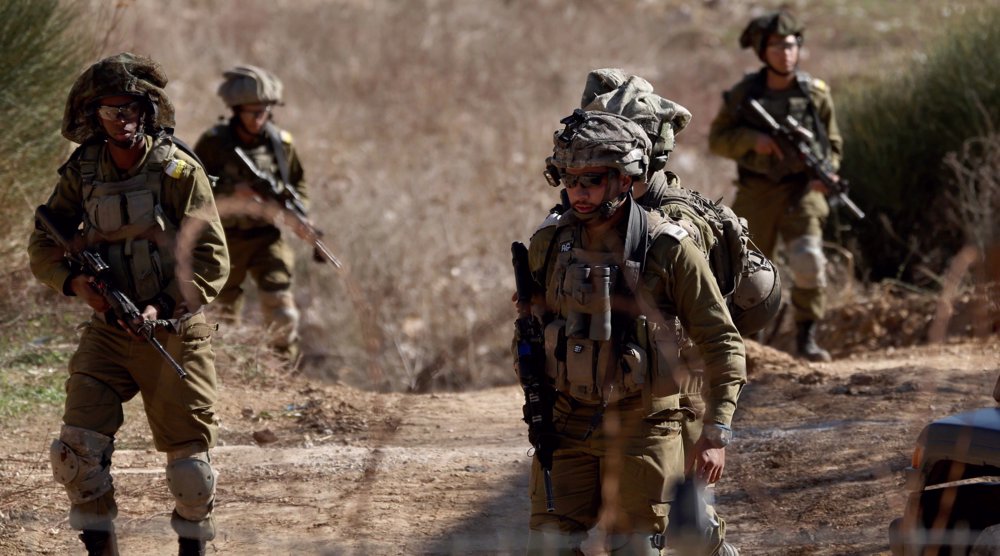

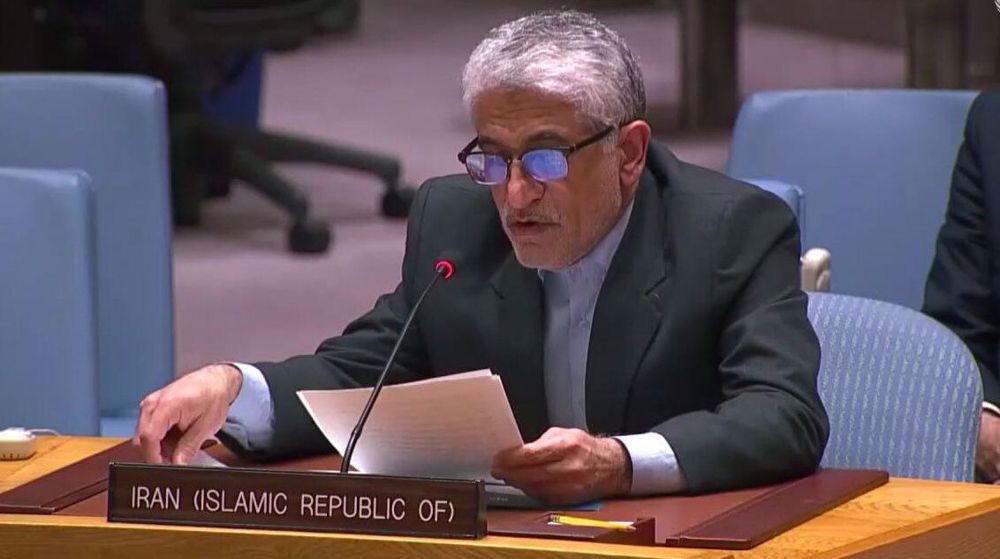



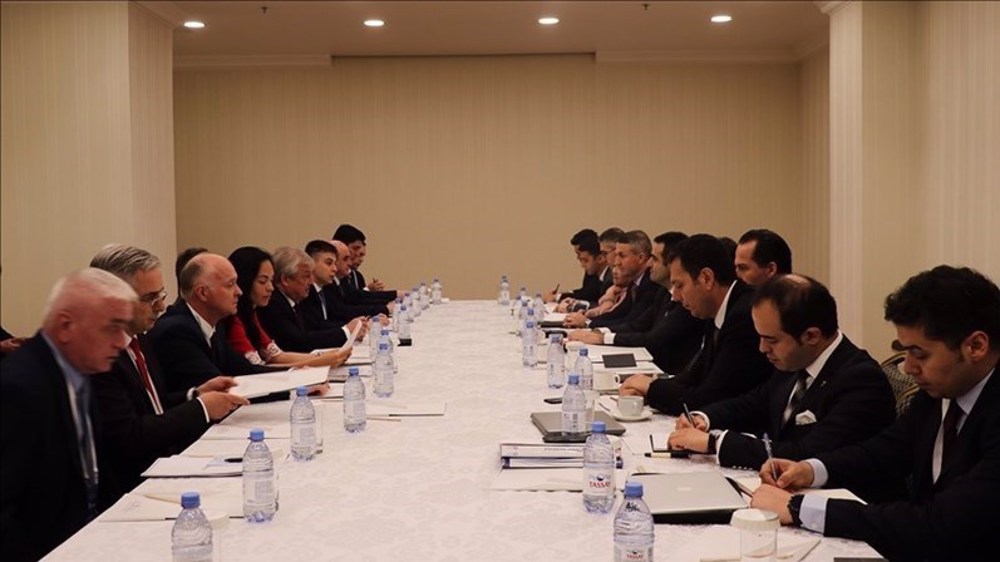
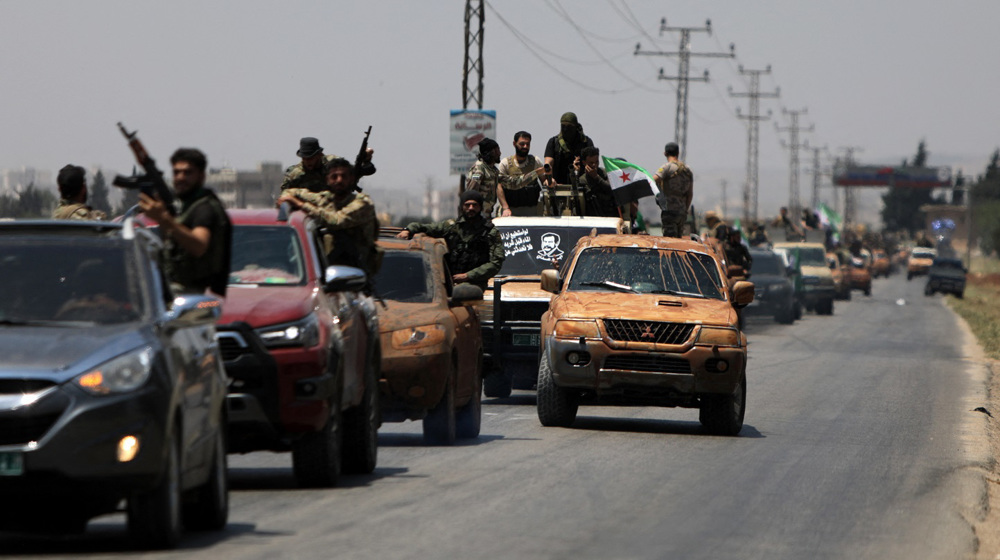
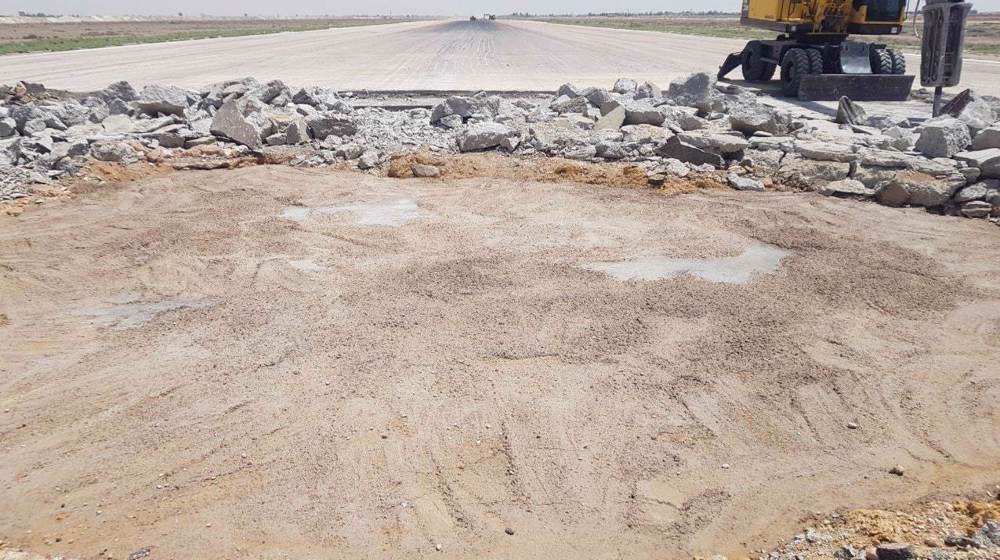
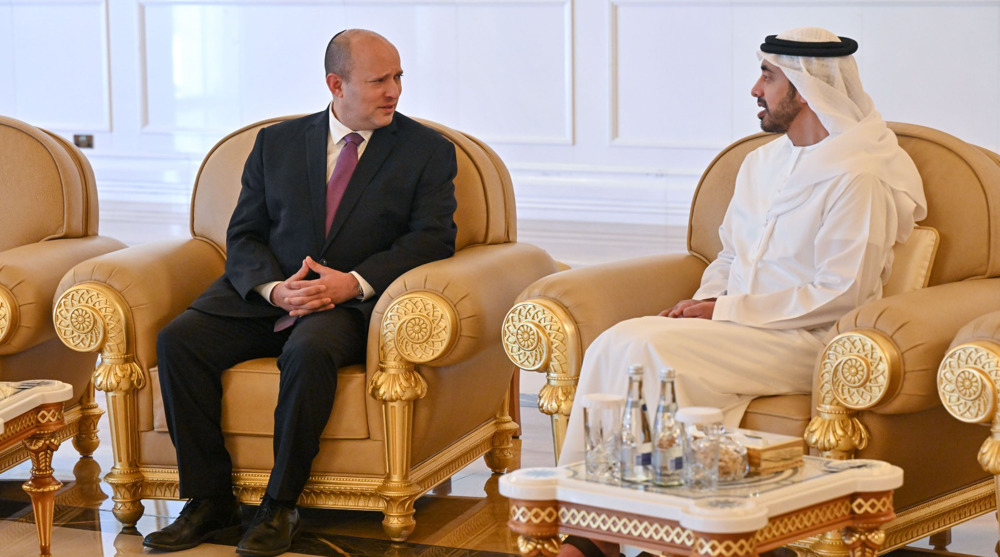
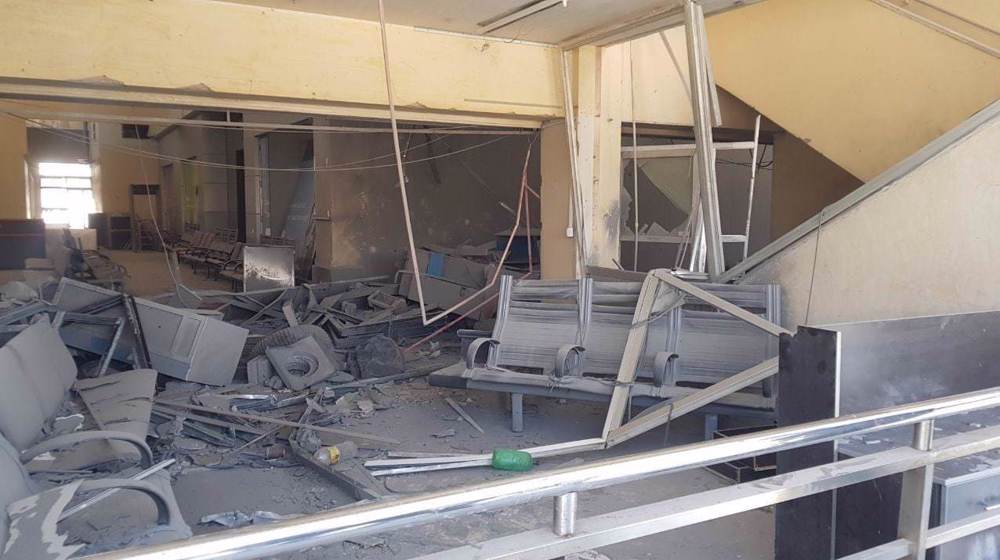
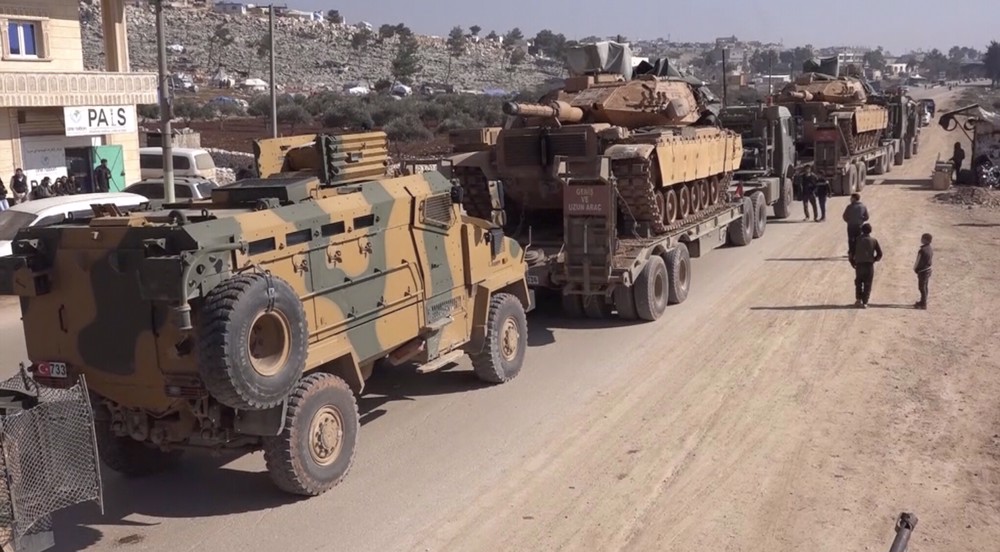
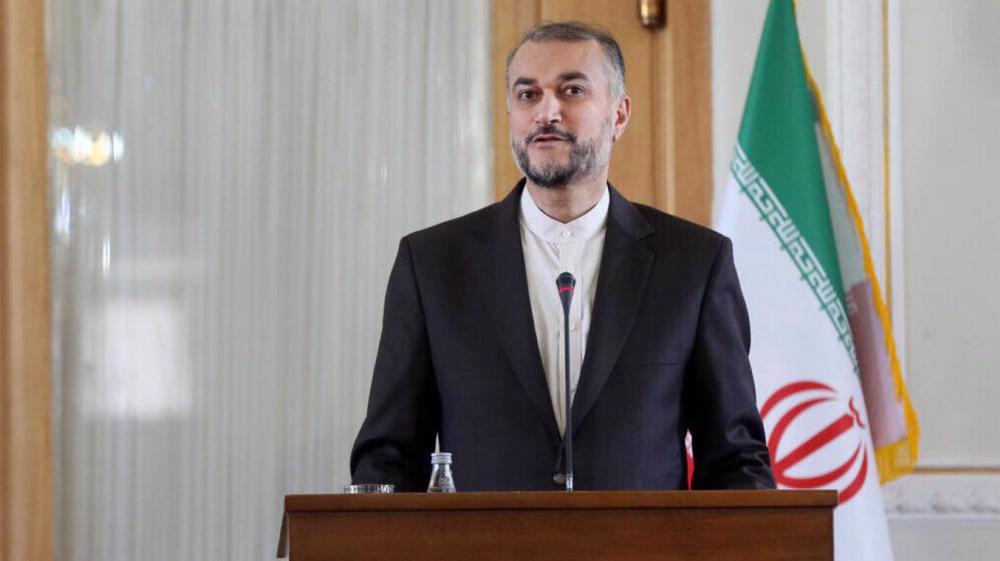

 This makes it easy to access the Press TV website
This makes it easy to access the Press TV website